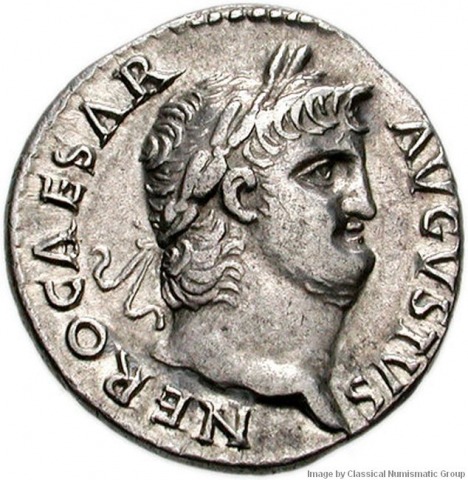
In a conversation with one of the Athenian bully boys, Socrates suggested that what makes statesmen great is not whether they are good or bad at doing things and at giving the people what they want -- but whether, by their conduct and rhetoric, they leave the people better or worse than they found them.
Making allowances for the fact that today, statesmen practice rhetoric chiefly by tweeting and playing the fool on late night talk shows rather than by orating, the question is still a good one. Socrates posed it about recent Athenian statesmen. We ought to pose it about recent presidents, and it is not too soon to begin posing it about the president-elect. For although he has not yet entered upon his rule, he has certainly begun to influence the character of the people.
Here is how Socrates presented his suggestion, in the great Platonic dialogue Gorgias. I am using the well-known translation of Benjamin Jowett.
+++ + +++
Socrates: I am contented with the admission that rhetoric is of two sorts; one, which is mere flattery and disgraceful declamation; the other, which is noble and aims at the training and improvement of the souls of the citizens, and strives to say what is best, whether welcome or unwelcome, to the audience; but have you ever known such a rhetoric; or if you have, and can point out any rhetorician who is of this stamp, who is he?
Callicles: But, indeed, I am afraid that I cannot tell you of any such among the orators who are at present living.
Socrates: Well, then, can you mention any one of a former generation, who may be said to have improved the Athenians, who found them worse and made them better, from the day that he began to make speeches? For, indeed, I do not know of such a man.
Callicles: What! Did you never hear that Themistocles was a good man, and Cimon and Miltiades and Pericles, who is just lately dead, and whom you heard yourself?
Socrates: Yes, Callicles, they were good men, if, as you said at first, true virtue consists only in the satisfaction of our own desires and those of others; but if not, and if, as we were afterwards compelled to acknowledge, the satisfaction of some desires makes us better, and of others, worse, and we ought to gratify the one and not the other, and there is an art in distinguishing them — can you tell me of any of these statesmen who did distinguish them?
+++ + +++
Callicles: But surely, Socrates, no living man ever came near any one of them in his performances.
Socrates: O, my dear friend, I say nothing against them regarded as the serving-men of the State; and I do think that they were certainly more serviceable than those who are living now, and better able to gratify the wishes of the State; but as to transforming those desires and not allowing them to have their way, and using the powers which they had, whether of persuasion or of force, in the improvement of their fellow citizens, which is the prime object of the truly good citizen, I do not see that in these respects they were a whit superior to our present statesmen, although I do admit that they were more clever at providing ships and walls and docks, and all that.